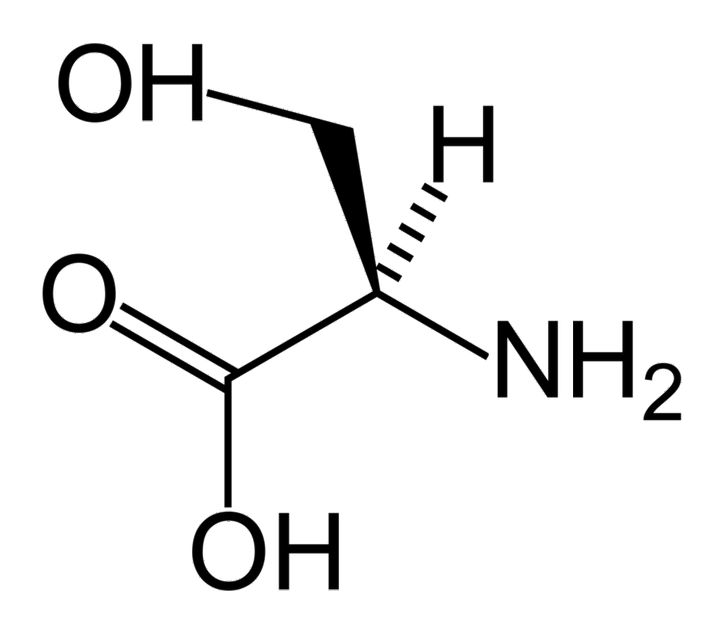D-serine, an endogenous amino acid, could be a novel therapeutic agent for refractory temporal lobe epilepsy.

Title: D-serine mitigates cell loss associated with temporal lobe epilepsy
Journal: Nature Communications (2020) 11:4966
Link: https://www.nature.com/articles/s41467-020-18757-2
Comments:
This is a paper showing that D-serine, an endogenous amino acid, attenuates neuronal cell death and inflammatory responses in the brain in temporal lobe epilepsy. There are two optical isomers of amino acids, D and L. For a long time, it has been considered that proteins are composed only of L-amino acids, and that D-amino acids do not exist except for bacteria. However, in recent years it has become clear that D-amino acids are present in higher organisms, including vertebrates, and that D-serine is abundant in the mammalian brain. Excitotoxicity caused by excess glutamate via the NMDA receptor plays a major role in neuronal cell death in epilepsy. In contrast, D-serine was shown to binds to the glycine binding site of the NMDA receptor and is expected as a drug with neuroprotective effects. In addition, the amino acid is reportedly useful not only for neuroprotection but also for alleviation of symptoms in various psychiatric disorders. Therefore, the accumulation of information on the molecular cell mechanism of D-serine is expected to contribute to the elucidation of the pathophysiology of various neuropsychiatric disorders and the development of novel therapeutic strategies.